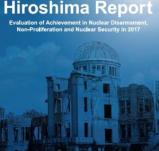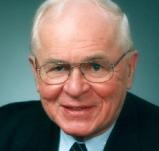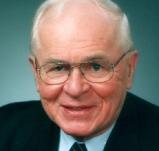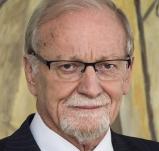Nuclear Disarmament
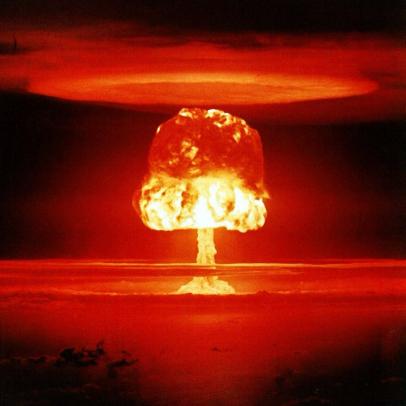
The existence of nuclear weapons poses the single greatest threat to humanity today. The stockpiles held by the United States, Russia, France, the U.K., China, India, Pakistan and Israel have the capacity to destroy the Earth hundreds of times over. As well, approximately 40 member-state parties to the Nuclear Non-Proliferation Treaty have legally acquired nuclear technology for peaceful purposes and also therefore have the capability to develop nuclear weapons.
The proliferation of nuclear weapons and the threat of terrorists seeking to acquire them heightens the existing dangers.
The U.S., Russia, the U.K., France and China possessed nuclear weapons when the Treaty went into force, and committed to eliminate their arsenals.
Though the numbers have been reduced, much more must be done to achieve total prohibition and abolition of nuclear weapons. The pace is slow and some of these states are upgrading their stockpiles and asserting that nuclear weapons are essential to their security strategies.
There is no ban on nuclear weapons, though they are indiscriminate weapons and their use would constitute a violation of International Humanitarian Law. It is not currently illegal to manufacture them, stockpile them or target a city deemed of military interest. According to the Advisory Opinion on the Legality of Nuclear Weapons, if it is believed that the survival of the state is at risk, it is not illegal to threaten to use and to use nuclear weapons. However, any use would have catastrophic humanitarian consequences and would contravene International Humanitarian Law.
Despite the end of the Cold War and better relations between Russia and the United States, the two countries still have thousands of nuclear weapons, on continuous high-alert status, targeted on each other. Thus, the risk of accidents, accidental launch, terrorist acquisition and attacks remains.
Cities are at risk. The design and purpose for nuclear weapons is to target the most densely populated areas, to kill the maximum number of civilians and to destroy their habitats. Military installations do not require the massive destructive power of a nuclear weapon.




